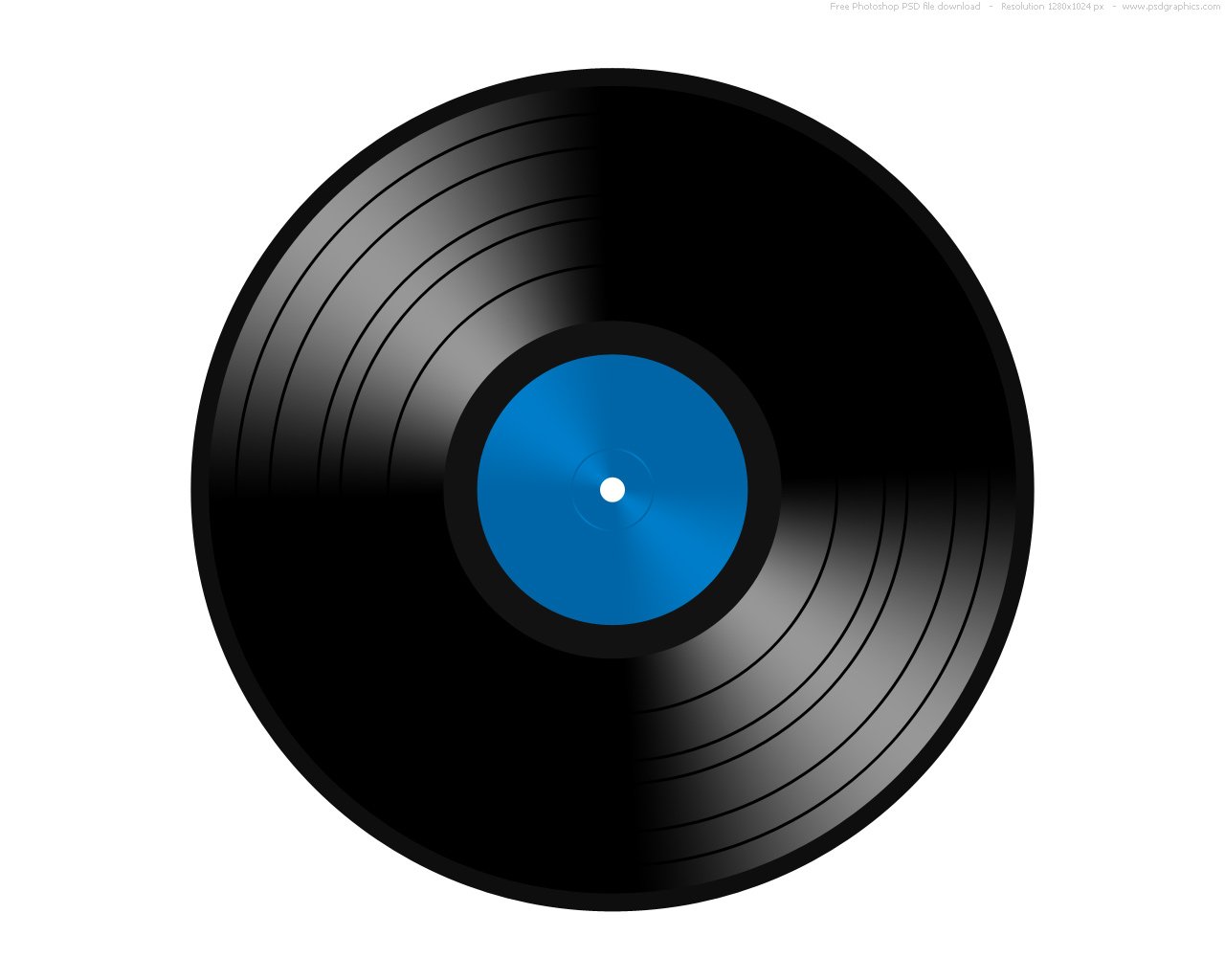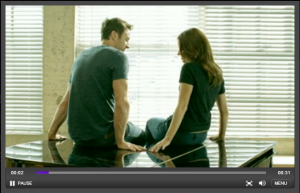
I used to think music publishers were just big music companies that owned songs. Then I found out McDonald’s is a music publisher and things got interesting…
Everyone knows there’s money to be had with placing music in advertising, but many people may not know exactly why it’s such a boon.
Including the very brands that pay for the music in the first place.
It’s key to realize that the owners of a song get paid every single time a song airs on television or the radio. This is called a performance royalty.
What does this mean for brands?
You may be surprised to find out that many brands are already setup to collect these performance royalties. And not just small players – brands like McDonald’s, Nestlé and Unilever all collect performance royalties when songs air on TV.
But how do they do this?
It’s simple actually – a lot of advertising work is done as work-for-hire. Therefore the brand owns everything that’s created for their commercials, including the music.
A brand can simply sub-contract a “real†music publisher, or even small royalties shop, to setup a publishing entity, collect, track and manage the royalty income on their behalf.
Fees for setup are reasonable, especially compared to the amount of money the brand will earn back from performance royalties (out of which the music publisher will take an administrative cut).
The resulting income for any given spot depends on many variables.
The PRO’s certainly aren’t very open about their tracking formula – much of it is mystery sauce with a pinch of fairy-dust. Despite there being VERY reliable computer tracking services available this seems to be more of a thorn in the side of the PROs than a welcome new tool.
That means it’s tough to tell exactly how much money one spot brings in.
However, they could make enough in performance royalty income to pay themselves back for the expense of the music creation in the first place in many cases.
Is this bad business for the musicians that write the music?
In fact it’s often a better situation for the musicians. If brands don’t register their compositions that are works-for-hire it can be tough for Bill G. Songerton to collect his performance royalties.
But attach a big brand name to a small publisher, and you’ve got an entity that commands respect at the PRO’s (and not to mention one that registers works with all relevant data needed for tracking).
If a brand uses bespoke music for ads that air on TV or radio but isn’t setup to collect performance royalties, they’re missing out on creating a way to offset the cost of music, while also helping out the composers of the song at the same time.
This can all be managed by setting up a simple 3rd party music publisher that can run all of the administration for the brand and literally just cut a check once every quarter.
Let me know what you think about this in the comments – brands, does your agency have you setup to own your works-for-hire? Songwriters – what’s it like to collect performance royalties if your ad-work isn’t registered at a PRO?



 Next, let’s not overlook the value of the relationship he established with the music supervisor. Yes, the placements are awesome, the upfront money and royalties are great, and all the social media attention is nice. But probably the MOST valuable takeaway from this experience in my opinion, is his music supervisor relationship. That person could go on to work on many more shows, films, at an ad agency, you name it. If Andrew periodically checks in with the music supervisor, it could mean YEARS of placements, royalties, and heck, even a new friend. This is why I constantly stress being professional and building connections in a genuine manner. It just works better for everyone.
Next, let’s not overlook the value of the relationship he established with the music supervisor. Yes, the placements are awesome, the upfront money and royalties are great, and all the social media attention is nice. But probably the MOST valuable takeaway from this experience in my opinion, is his music supervisor relationship. That person could go on to work on many more shows, films, at an ad agency, you name it. If Andrew periodically checks in with the music supervisor, it could mean YEARS of placements, royalties, and heck, even a new friend. This is why I constantly stress being professional and building connections in a genuine manner. It just works better for everyone.